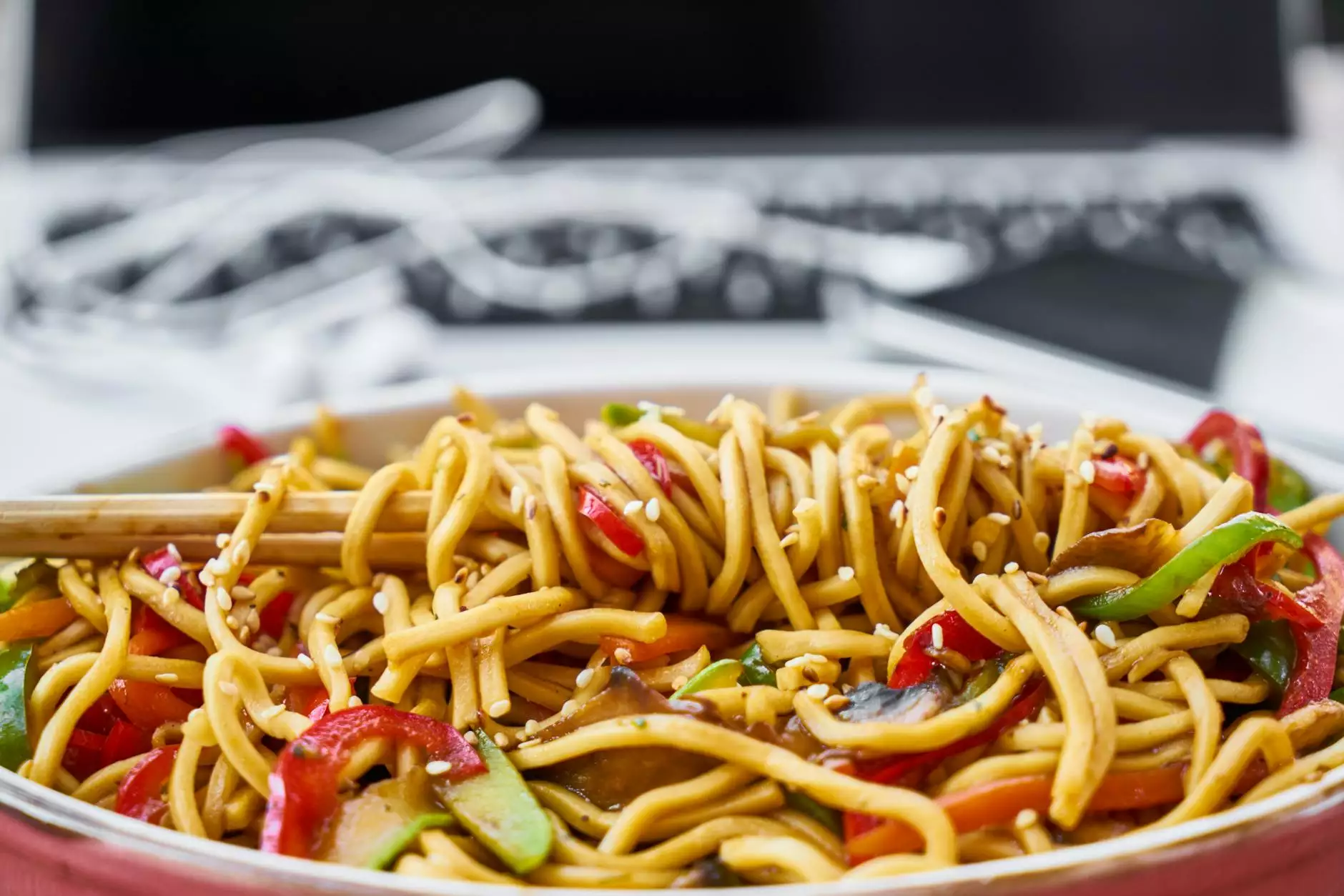Wholesale Sugar: The Ultimate Guide to Sourcing Sugar in Bulk

Wholesale sugar plays a critical role in various industries ranging from food manufacturing to retail. As a key ingredient in many products, understanding how to effectively source sugar in bulk is essential for businesses looking to optimize their production and profitability. In this extensive guide, we will delve into the nuances of wholesale sugar, what it entails, its benefits, and the vital factors to consider when choosing a supplier.
Understanding Wholesale Sugar
Wholesale sugar refers to the sale of sugar in large quantities, typically meant for businesses rather than individual consumers. This practice allows companies to secure a steady supply of sugar, often at a lower price per unit compared to retail purchases. The wholesale sugar market is vast and includes various types of sugar, including:
- Granulated Sugar: The most commonly used sugar in industrial applications.
- Brown Sugar: Adds moisture and a distinct flavor to baked goods.
- Powdered Sugar: Finely ground sugar ideal for frosting and baked goods.
- Raw Sugar: Less refined sugar that retains some natural molasses.
- Coconut Sugar: A natural sweetener made from the sap of coconut trees.
One of the significant advantages of purchasing sugar wholesale is the notable cost savings. Bulk purchases typically come with price discounts. Furthermore, reliable suppliers can ensure a consistent product supply, which is crucial for maintaining production schedules and meeting consumer demand.
Benefits of Sourcing Wholesale Sugar
Opting for wholesale sugar offers various benefits that can enhance a business's operational efficiency and financial performance. Here are some of the key benefits to consider:
1. Cost Efficiency
By buying in bulk, businesses can significantly reduce their overall spending on sugar. The price per pound decreases considerably with large orders, translating into lower production costs. Moreover, consuming less sugar can be beneficial for a business's profit margins, allowing for competitive pricing in the market.
2. Consistent Supply
Finding a reputable sugar supplier ensures a steady flow of stock. A reliable supplier will manage inventory, mitigating risks of shortages that can disrupt production. This reliability is crucial for meeting customer demands promptly.
3. Quality Assurance
Wholesale sugar suppliers often prioritize quality control to ensure their products meet industry standards. Working directly with trusted suppliers can guarantee that your business receives high-quality sugar, which directly impacts the quality of your products.
4. Variety of Options
Wholesale distributors usually provide a broader range of sugar types compared to retail outlets. This variety allows businesses to choose the specific types of sugar that best fit their needs, whether it's for sweetness, texture, or flavor.
Finding the Right Sugar Supplier
Choosing the right sugar supplier is critical for your business. Here are important considerations for selecting a reliable partner:
1. Reputation and Reliability
Research potential suppliers to assess their reputation in the market. Look for reviews, testimonials, and case studies that showcase their ability to deliver quality products consistently. A reputable supplier is vital for maintaining your production schedule.
2. Pricing Structure
Evaluate the pricing models of different suppliers. While price should not be the only factor, it’s essential to understand the total cost of purchasing sugar through various suppliers. Ask about bulk discounts, delivery costs, and payment terms.
3. Quality Standards
Confirm that the supplier adheres to quality control measures and industry standards. Request product samples to assess their sugar quality before making a large purchase. Certifications such as ISO or USDA may also indicate adherence to quality standards.
4. Customer Service
Effective customer service is vital when sourcing wholesale sugar. A supplier that can quickly respond to inquiries, address issues, and provide support when needed will be beneficial in building a long-term partnership.
5. Delivery and Logistics
Consider the supplier’s logistics capabilities. Timely delivery is vital to avoid production delays, so understanding their shipping processes and timelines is essential. Inquire about their ability to handle large orders effectively.
Best Practices for Purchasing Wholesale Sugar
When it comes to purchasing wholesale sugar, implementing best practices can help streamline the process and ensure satisfaction with the product received.
1. Forecasting Demand
Accurately forecasting your sugar requirements based on production schedules and market trends can help you order the right quantity of sugar. Avoid ordering larger quantities than necessary to prevent waste and excess inventory costs.
2. Establishing Long-Term Relationships
Developing strong relationships with your suppliers can yield several benefits, including better pricing, priority service, and access to exclusive offers or products. Regular communication can foster a collaborative relationship.
3. Regular Quality Checks
Implement a regular quality check process upon receiving deliveries. This will ensure that the sugar meets your quality expectations and help identify any issues with the supplier early on.
4. Keeping Track of Inventory
Maintaining a detailed inventory management system allows businesses to manage their sugar stocks better. This helps prevent stockouts and over-purchasing, optimizing your working capital.
5. Explore Multiple Suppliers
Don’t limit yourself to one supplier. Exploring various suppliers provides options and helps you compare quality, pricing, and service. This can also be crucial in case of supply chain disruptions.
Transforming Your Business with Wholesale Sugar
Integrating wholesale sugar into your business operations can transform your production capability and profitability. The sugar industry supports a broad range of sectors, including confectionery, baking, beverages, and many more. By securing a reliable supply of sugar, you can elevate your product offerings and meet consumer demands more efficiently.
Moreover, as consumer trends shift towards healthier options, understanding different sugar alternatives available in wholesale markets can prepare your business for future changes. This adaptability can significantly enhance your competitive edge.
Conclusion
In conclusion, the utilization of wholesale sugar represents a strategic advantage for businesses aiming to enhance their operations. From understanding the types of sugar available to recognizing the importance of selecting the right supplier, every step taken in sourcing sugar contributes to building a resilient business strategy. By following best practices, maintaining quality control, and developing robust supplier relationships, businesses can thrive in the competitive sugar market.
For more insights and support in sourcing wholesale sugar, visit brazilsugartopsuppliers.com and discover how we can assist you in fulfilling your sugar sourcing needs.









